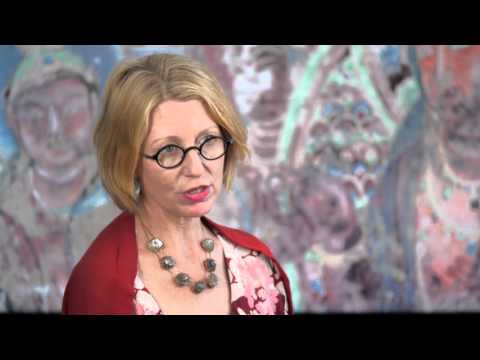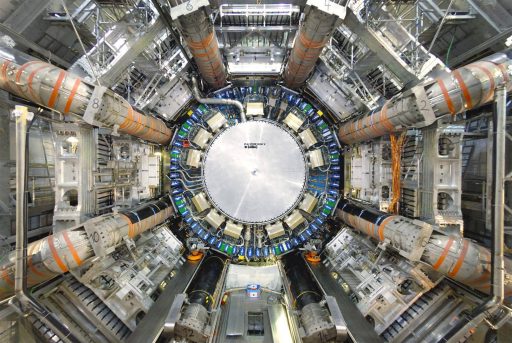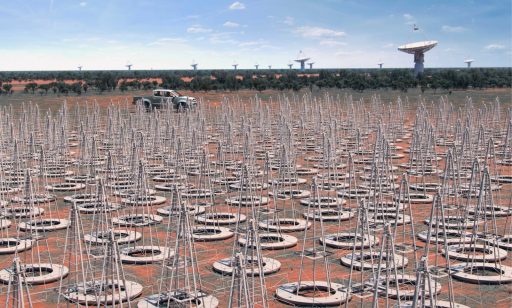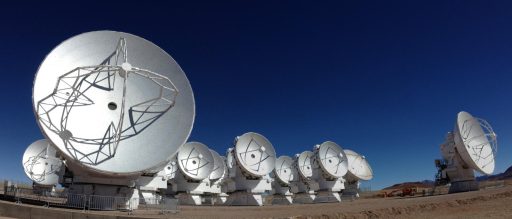The Indian Institutes of Technology, IITs, are the flagships of Indian engineering education. Getting into an IIT is the dream of every aspiring engineer in India, and each year over a million people take the entrance exam. But competition is fierce: with only 10.000 (2%) passing the exam, the IITs are among the institutes with the lowest acceptance rate worldwide.
Participants at the 3rd TEIN/APAN Dengue Fever workshop on 24 January in Manila reaffirmed their commitment to join forces with research and education networks to combat Dengue Fever and other infectious diseases such as Zika. Plans include developing a digital platform to exchange data and working towards an outbreak prediction model.
Think of a dance performance in which the dancers, instead of sharing the same stage, are in different cities or even other continents. That is the mission of telematics dance, approaching dancers who are not necessarily in the same physical space, and creating other experience relations with the body and technological resources.
As a widespread organization with research establishments, production facilities and nuclear power plants in locations spread over the entire expanse of India, The Department of Atomic Energy (DAE) requires a robust communication fabric and high speed connectivity for access to global mega science projects like the Large Hadron Collider, CERN, and the Synchrotron Facility at Grenoble, France.
“There’s an increasing interest in high-resolution imaging of world heritage sites because of recent events, iconoclasm or cultural cleansing, also climate change issues that are devastating cultural sites. With high-fidelity imaging you have a huge reservoir for being able to retell stories about these extraordinary places that are now under threat.”
“It’s a very exciting time for physicists. The Higgs boson discovery is a milestone for the physics community, and for human understanding of the fundamental laws that govern the Universe. Australian research groups have been part of this for the best part of 25 years,” says Centre of Excellence for Particle Physics Director Prof Geoffrey Taylor.
The Square Kilometre Array, or SKA, is the biggest science project New Zealand has ever been involved in, and it will produce more data than the world has ever seen.
Japanese researchers – together with colleagues from around the world – are analysing data from the Joint ALMA Observatory, located in a remote part of Chile on the Atacama plateau, 5000 meters above sea level. High-speed research networks enable researchers to carry out their studies wherever they are situated, without needing to be at the observatory.
The surgeons at Seoul National University Bundang Hospital, Korea, are pioneers in minimally invasive surgery. Through live streaming of operations Prof. He-Seong Han and his staff have been able to train hundreds of surgeons across Asia, without need or cost for them to travel to Korea.










